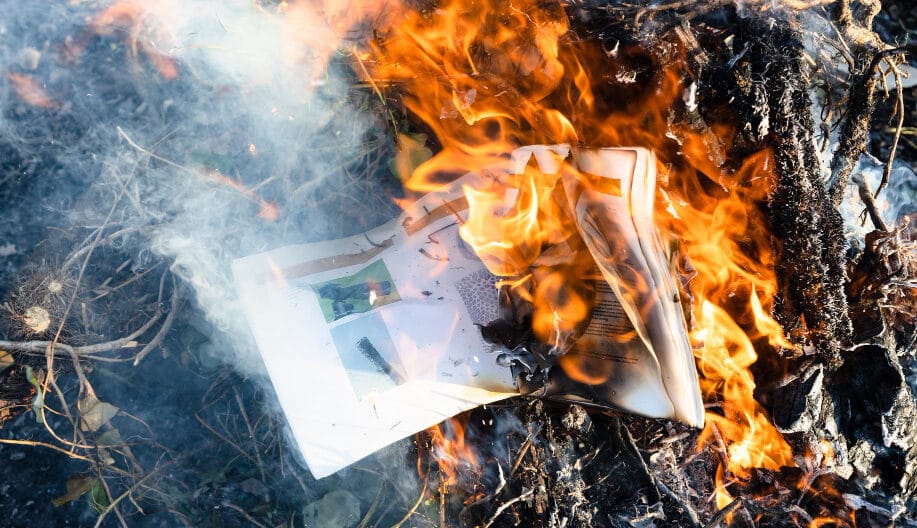Raymond McKeeve faces a tribunal after telling a client to destroy evidence during a court-ordered search
A former partner at one of the world’s largest law firms is set to face a disciplinary tribunal after being held in contempt of court for telling a client to destroy evidence during a live legal search.
The Solicitors Regulation Authority (SRA) has confirmed it will prosecute Raymond McKeeve, a once-prominent solicitor and ex-partner at Jones Day LLP, before the Solicitors Disciplinary Tribunal (SDT). The decision was made in 2024 but was only made public last week.
The tribunal has found there is a case to answer over McKeeve’s conduct while practising as a registered foreign lawyer. The charges stem from a shocking episode in July 2019 during a high-stakes legal battle involving his client.
According to the allegations, McKeeve reacted to a search order requiring his client to preserve digital evidence by issuing a chilling command: “burn it”—or words to that effect. The instruction, reportedly sent to another individual, related specifically to electronic data that should have been safeguarded under the court’s order.
Embed from Getty ImagesMcKeeve’s actions eventually landed him in contempt of court. Following a hearing at the Royal Courts of Justice, he was found guilty and fined £25,000. The court stopped short of imposing a prison sentence, but not before excoriating his behaviour in damning terms.
Presiding over the case, Mr Justice Adam Johnson described McKeeve’s actions as “a spontaneous act of colossal stupidity.” While the judge accepted that the act was impulsive rather than malicious, the ruling delivered a resounding condemnation of the solicitor’s lapse in judgment under pressure.
McKeeve, no longer affiliated with Jones Day, has kept a low profile since the contempt ruling. The fallout from the case was immediate and severe, damaging not only his personal standing but also raising serious concerns about compliance within elite legal practice.
Now, nearly three years after the court’s contempt finding, the SRA has stepped in to formally pursue disciplinary action. The regulatory body has made it clear that allegations of this gravity—especially when involving the wilful destruction of evidence—must be put before the profession’s highest disciplinary forum.
The hearing before the Solicitors Disciplinary Tribunal has yet to be scheduled. Until then, the allegations remain unproven. However, the case has already stirred deep unease in legal circles, where the integrity of court proceedings—and the conduct of those who serve them—is under relentless scrutiny.
Legal analysts have noted that McKeeve’s case represents one of the most high-profile disciplinary proceedings in recent years involving a contempt ruling. The situation underscores the critical role of solicitors in upholding the rule of law, even—and especially—when representing clients under investigation.
The SRA has so far declined to comment further, citing the ongoing nature of proceedings. The SDT will now determine whether McKeeve’s conduct breached the Solicitors Code of Conduct, and if so, what sanction, if any, should follow.
If found guilty of misconduct, McKeeve could face penalties ranging from a fine to being struck off the roll entirely.
The legal world will be watching closely as the case unfolds—both for its dramatic facts and for what it reveals about accountability at the highest levels of the profession.
